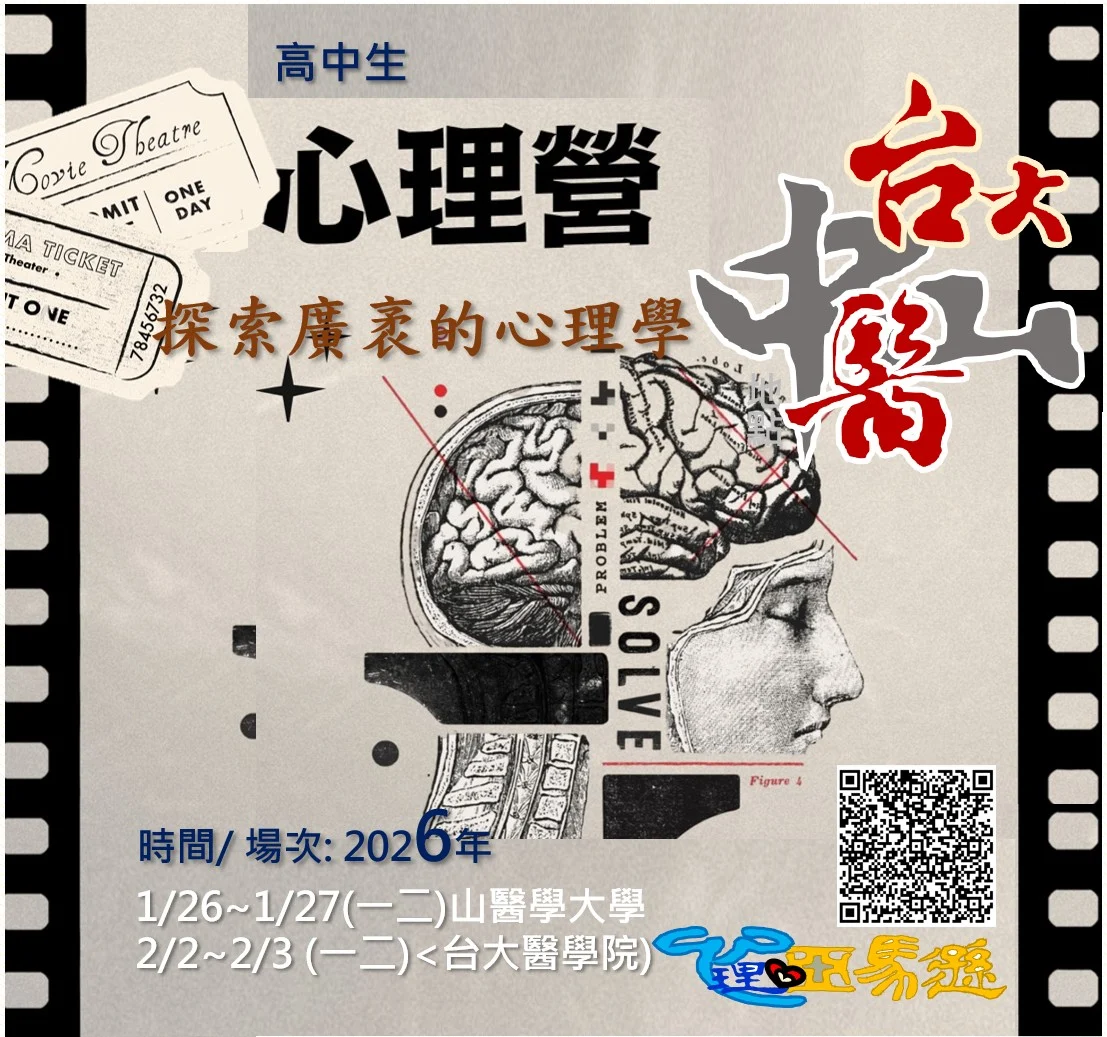Professor Ying-Jui Ho of Chung Shan Medical University (CSMU) has developed a treatment that has obtained patents in multiple countries.
CSMU has been actively promoting successful industry-academia collaborations in recent years. In cooperation with BrainX Pharmaceutical Co., Ltd., they have developed a new drug for the treatment of dementia with Lewy bodies (DLB), securing invention patents in Taiwan, Japan, and Canada, thus offering new hope for this disease.
Prof. Ho, leading a research team at the Department of Psychology at CSMU, focuses on developing treatments for neurodegenerative diseases and dementia.
Supported by his university classmate, General ManagerVicent Chiang of BrainX Pharmaceutical Co., Prof. Ho has discovered innovative treatments for Parkinson’s disease, obtaining numerous patents worldwide and receiving approval from the US FDA and Taiwan FDA for phase II clinical trials. Recently, their research on dementia with Lewy bodies achieved breakthrough progress and obtained patents, exemplifying successful industry-academia collaboration.
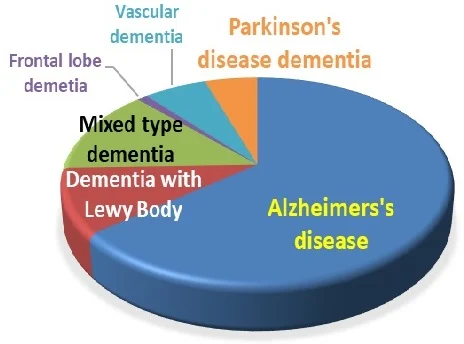
Motivated by the aging population and the rising prevalence of dementia, President Vicent Chiang of BrainX Pharmaceutical Co., Ltd., and Raygene Biotech Innovation Co., Ltd. empathizes with dementia patients and their families. Consequently, he founded BrainX Pharmaceutical Co., Ltd., to invest in new drug development and donated to establish the RBI Foundation of Geriatric Care Research Education, promoting public health education activities. The aim is to raise awareness of dementia and advocate for its prevention, care, and treatment. “In all neurodegenerative diseases, dementia with Lewy bodies is uniquely mysterious,” said Professor Ho. Patients exhibit not only cognitive decline typical of dementia but also hallucinations and, as the disease progresses, motor disorders similar to Parkinson’s disease. Dr. Pai-Yi, Chiu director of Department of Neurology at Changhua Show Chwan Hospital, pointed out that while dementia with Lewy bodies, Alzheimer’s disease, and Parkinson’s disease share similar symptoms and pathological features, their causes, treatments, and patient responses to medications differ. Thus, accurate diagnosis is essential for appropriate treatment.
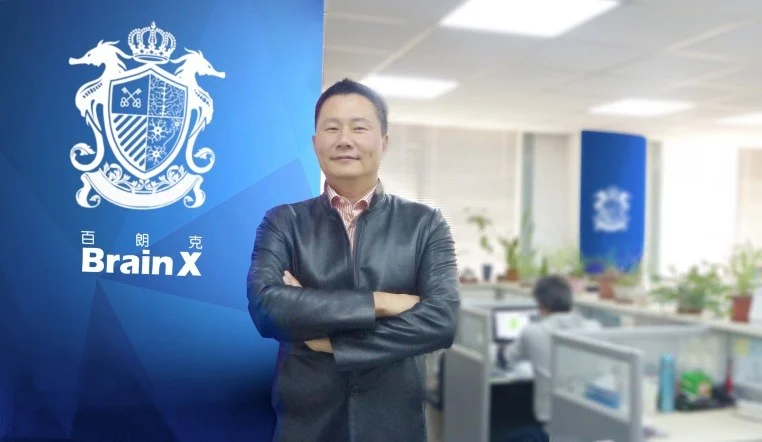
Dementia with Lewy bodies is a common neurodegenerative disease but remains unfamiliar to many.
Its prevalence ranks second among all dementias, following Alzheimer’s disease. The renowned actor Robin Williams, celebrated for his acting prowess and dedication to cinema, tragically chose to end his life at 64 due to the torment of dementia with Lewy bodies, a loss deeply felt.
Prof. Ho’s research team has demonstrated that the old drug ceftriaxone can treat dementia with Lewy bodies. Their findings have been published in many professional academic journals, such as Frontiers in Neurology and Behavioral Neurology.
In patients with dementia with Lewy bodies, abnormal protein deposits known as Lewy bodies appear in the brain tissue. These Lewy bodies result from the interaction between beta-amyloid and alpha-synuclein, leading to protein denaturation and accumulation, ultimately harming neurons. This results in cognitive decline (affecting learning, memory, recognition, language, intelligence, etc.), causing dementia. As the disease progresses, patients may experience muscle stiffness, tremors, walking instability, frequent falls, and often visual hallucinations or other psychiatric symptoms such as delusions or depression (symptoms that Robin Williams endured). These symptoms are similar to those of Alzheimer’s and Parkinson’s diseases, making early differential diagnosis challenging. Professor Ho noted that ceftriaxone can regulate genes to inhibit the production of beta-amyloid and bind to alpha-synuclein to prevent protein denaturation, effectively clearing neurotoxins from patients’ brains. Currently, there are no specific drugs for treating dementia with Lewy bodies, making Professor Ho’s research even more valuable.
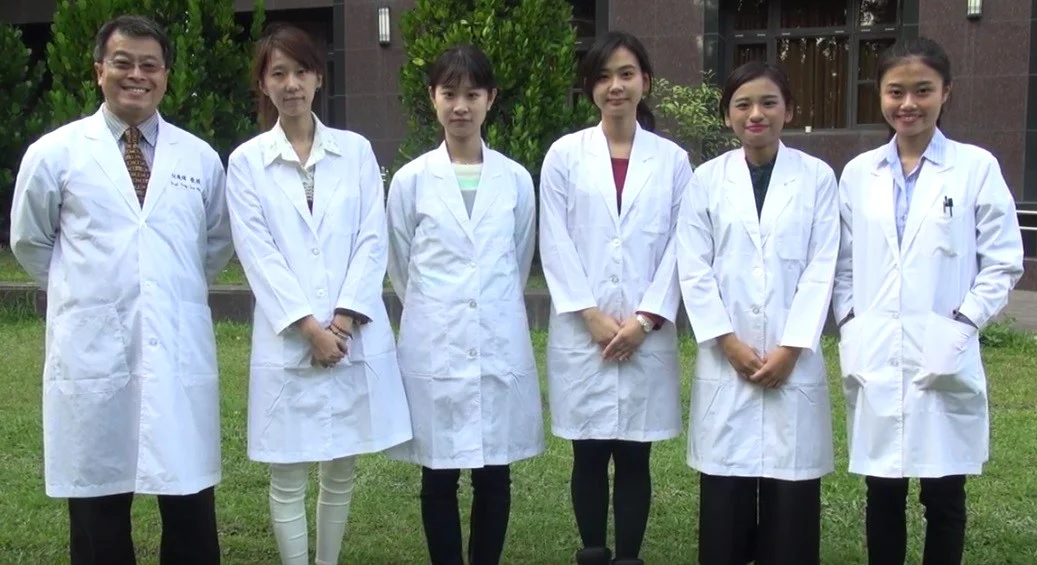
Glutamate and Neurodegenerative Diseases
Another crucial substance involved in neurodegeneration is glutamate. Under normal conditions, glutamate functions as a neurotransmitter essential for maintaining neural activity. However, excessive glutamate in brain tissue can be neurotoxic and is highly associated with neurodegenerative diseases. Prof. Ho has demonstrated that ceftriaxone can clear excess glutamate, reducing neuronal death and inflammation. More excitingly, ceftriaxone can promote neurogenesis, aiding in the regeneration of new cells. Therefore, ceftriaxone not only clears brain toxins and slows neurodegeneration but also repairs damaged brain tissue, offering a potential treatment for neurodegenerative diseases. The hope is that this pharmaceutical technology will enter clinical trials soon, providing better treatment options for patients.
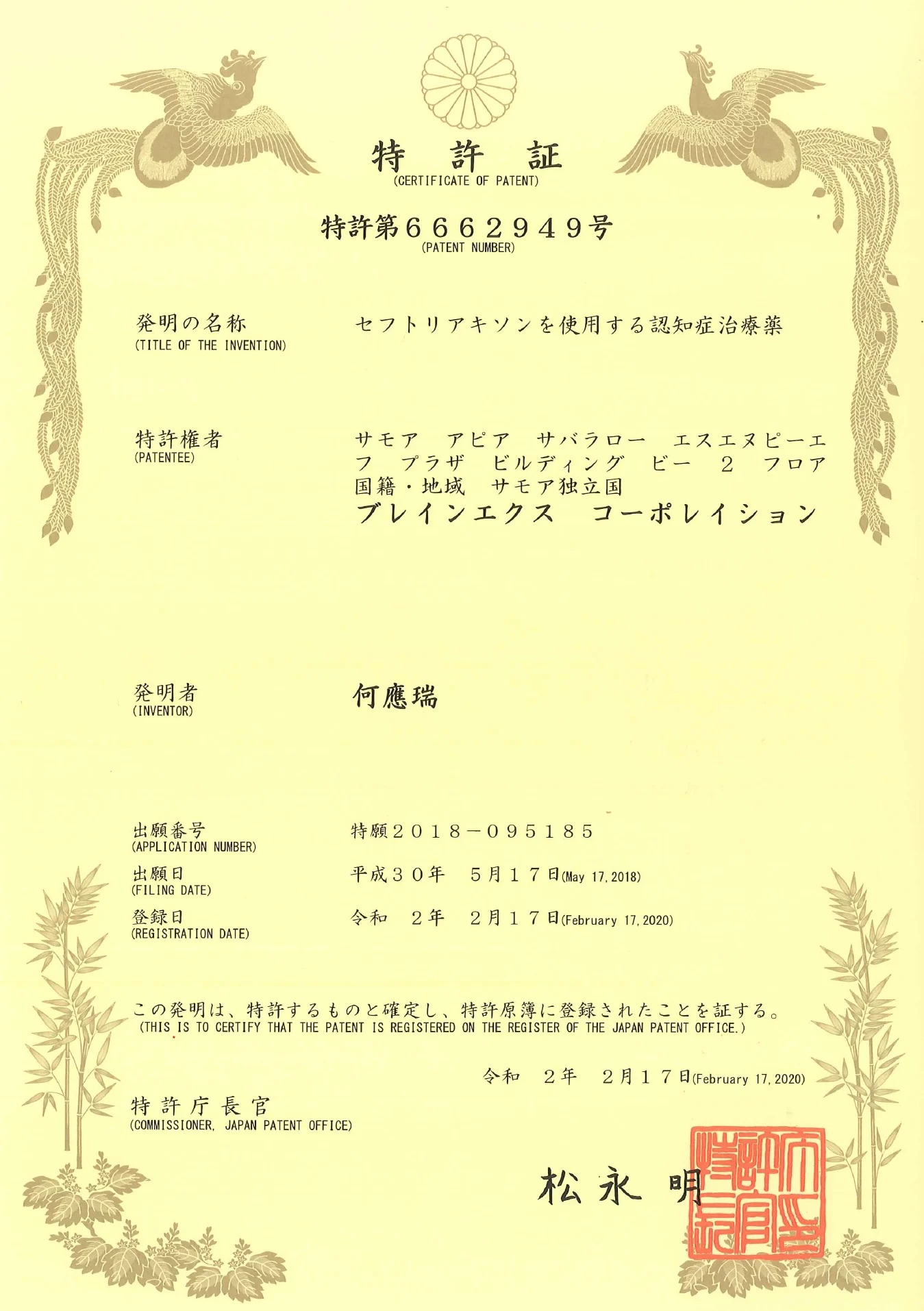
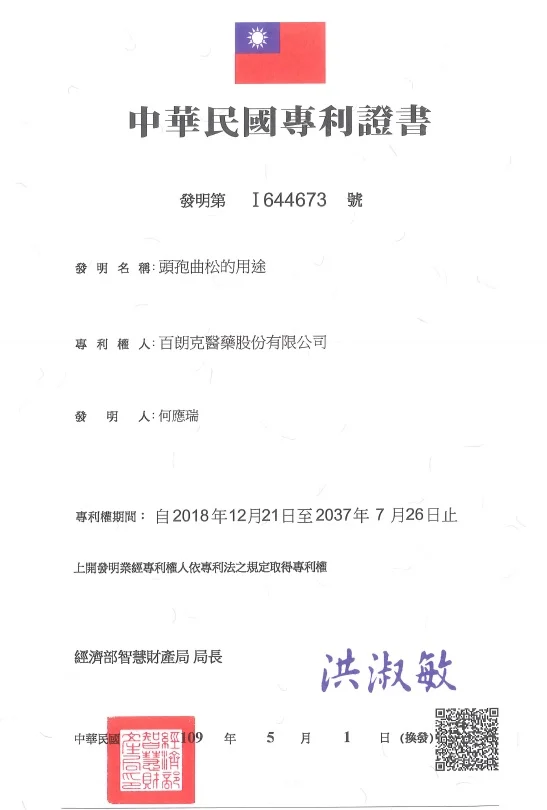
Clinical Trial for New Parkinson’s Disease Drug
We are conducting a clinical trial for a new drug to treat Parkinson’s disease.
This trial aims to test the efficacy of the drug in treating Parkinson’s disease with cognitive decline, known as Parkinson’s disease dementia (PDD).
Participants in the clinical trial need to undergo numerous tests and screenings and must meet all inclusion and exclusion criteria of the trial. Only those who fully meet these criteria can participate in the clinical trial. If you are interested in participating in this clinical trial, you can register with the attending neurologists at the following hospitals and express your willingness to participate directly to the doctor. The doctor will conduct the necessary examinations, and if the criteria are met, you may enroll in the trial.
Parkinson’s Disease Clinical Trial Centers and Attending Physicians
- National Taiwan University Hospital: Wu Ruei-Mei, Tai Chun-Hui, Kuo Ming-Che, Fan Tien-Hsin, Lin Ju-Chen
- Taipei Veterans General Hospital: Chiang Han-Lin, Chen Chun-Yu, Liu You-Tseng
- China Medical University Hospital: Tsai Chung-Hao, Lu Ming-Kuei, Yang Yu-Wan, Huang Hui-Chun, Tsai Sheng-Da, Ao Yu
- Changhua Christian Hospital: Wu Shi-Lin, Chuang Jie-Sen, Chen Yen-Chung
- Kaohsiung Chang Gung Memorial Hospital: Lin Tsu-Kung, Chang Yung-Yi, Chen Ying-Fa
Currently, only the above-listed attending physicians can enroll patients in this clinical trial. You can only register with these doctors.
You can go directly to the hospitals listed above and register for the doctor’s clinic, then tell the doctor that you want to participate in the clinical trial. The doctor will explain the details to you and, based on the actual situation, determine whether you can join the trial.
The basic threshold for enrollment requires meeting two cognitive function indicators (MMSE and CDR tests).
You can (at your own expense) ask any medical center doctor to perform the MMSE and CDR tests for you.
If your MMSE score is 18-25 or CDR score is 0.5-2, you can proceed with further screening. Otherwise, you cannot enter the clinical trial.
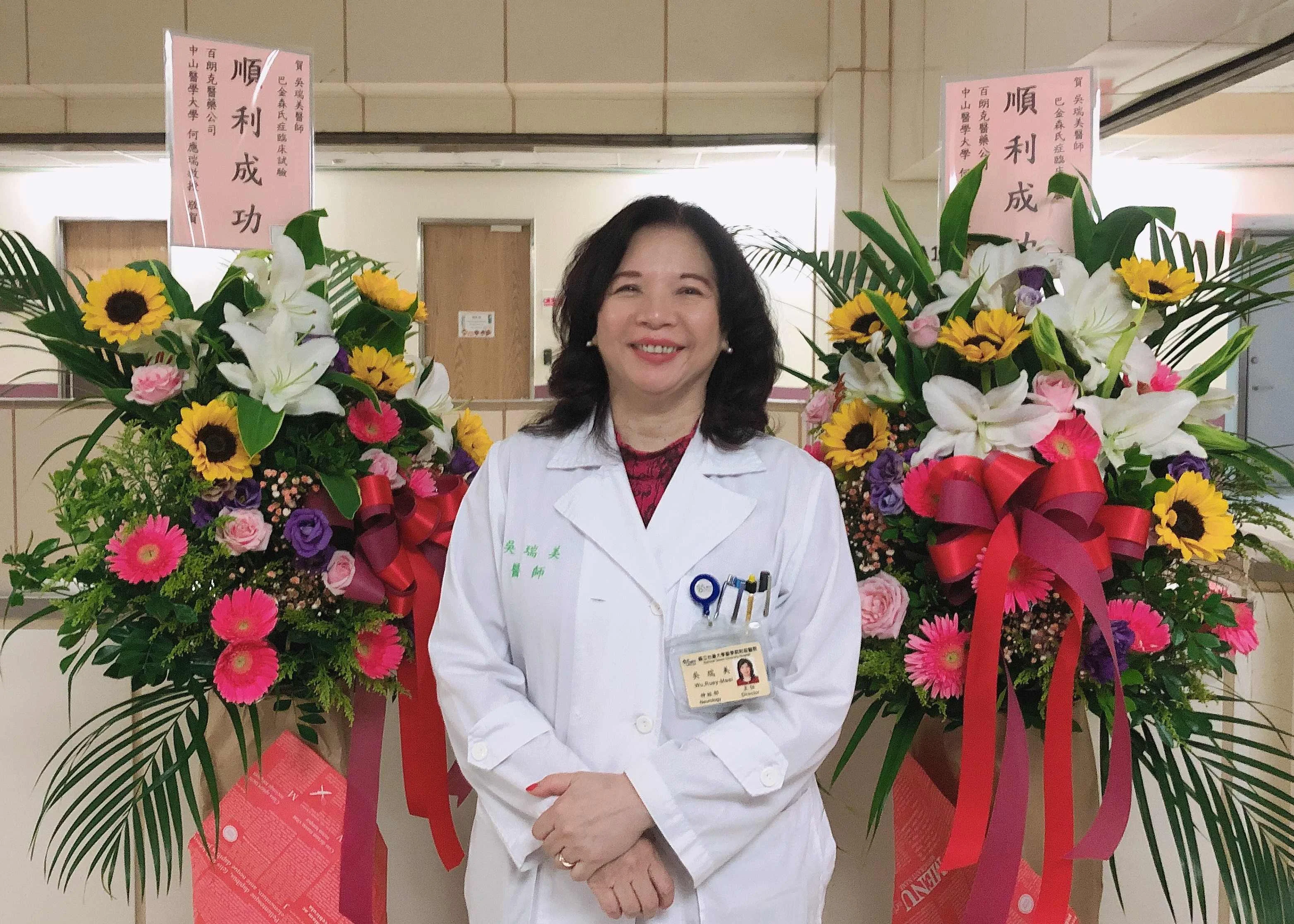
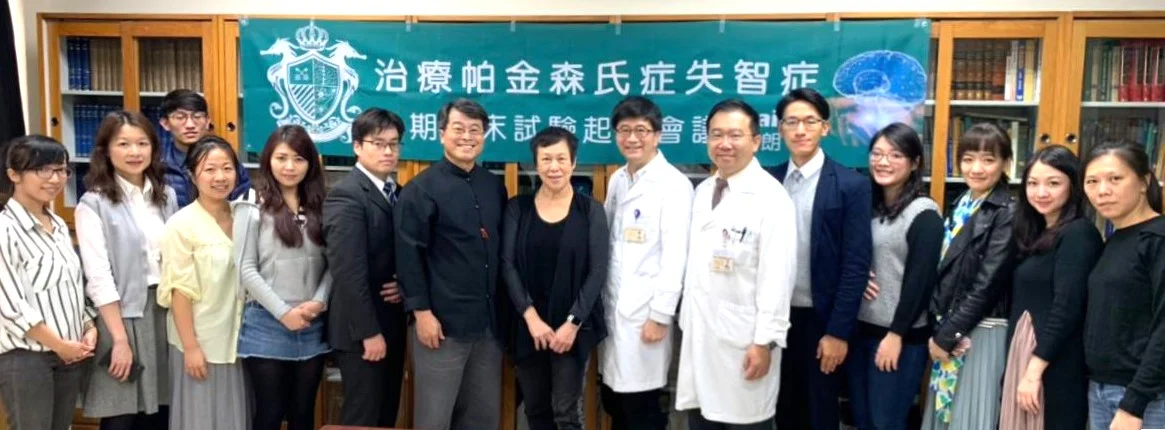
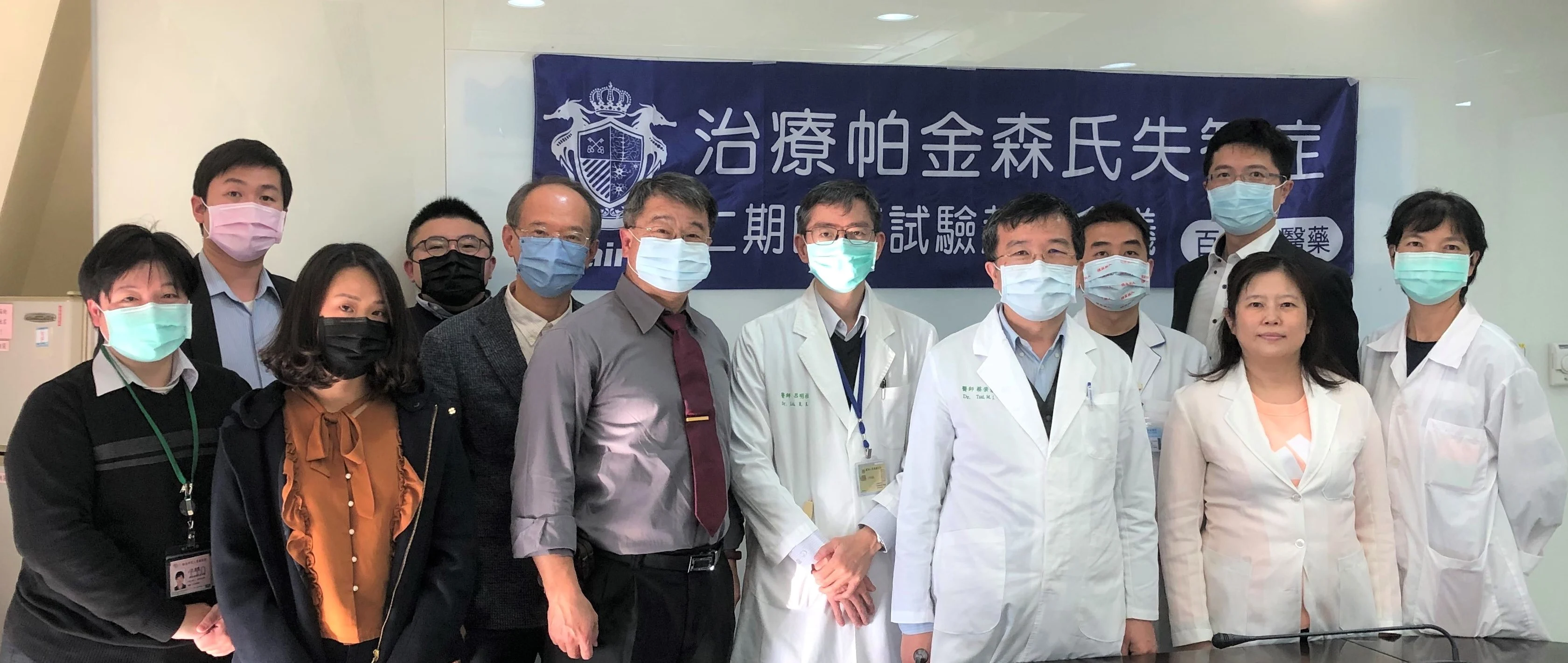
Contact
If you need further information or assistance, please feel free to contact me at any time (Prof. Ho’s email: [email protected] ). (If you want to contact me further, please provide the following basic information: patient age? residing county/city? contact phone or email? how many years has the patient been ill? what are the main symptoms? which hospital and doctor is currently treating the patient?)


